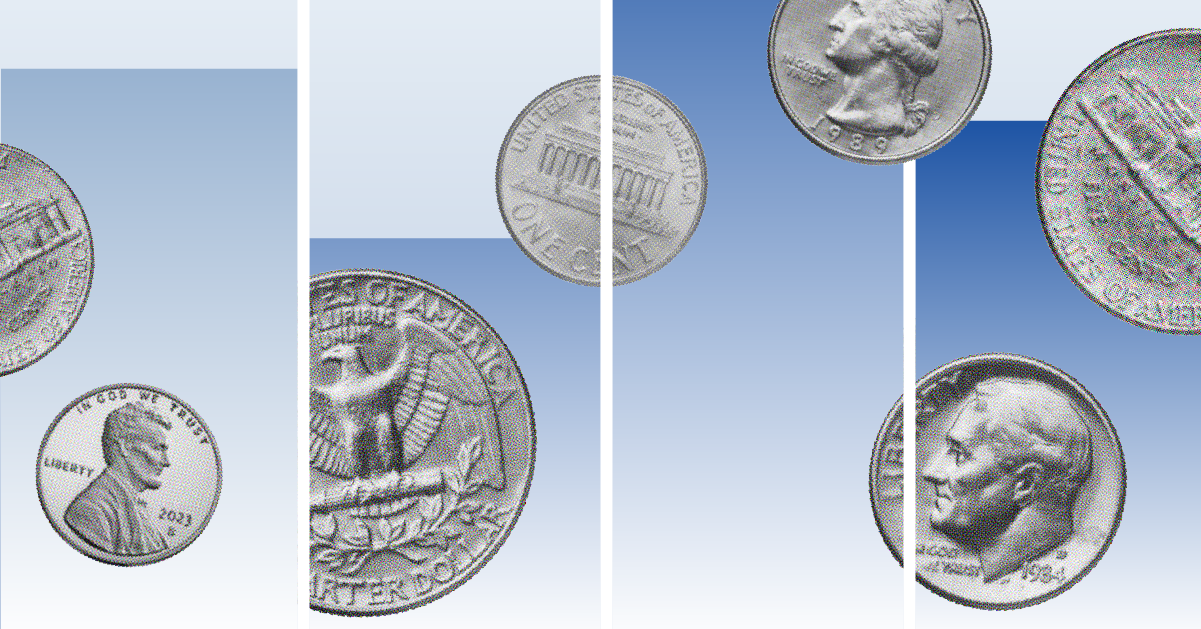People have then asked: how will you track lending activity? In January, Treasury began collecting data from the twenty largest recipients of capital under the CPP, representing almost 90% of CPP capital investments. Treasury has now published the first 4 monthly lending surveys. These surveys show, bank by bank, the lending and intermediation activities of institutions by category, such as consumer, commercial and real estate loans. They are published monthly on Treasury's website. In recessions, credit levels typically fall as both borrowers and lenders become more cautious. The surveys shows that lending held-up remarkably well at these banks despite one of the most severe quarterly economic contractions in decades. Without capital from Treasury, lending levels would likely have been much lower.
With investments in almost 600 institutions, and hundreds more in the pipeline, we must ensure that our investments are targeted at helping the economy but we must also take great care not to try to micromanage recipient institutions. However well-intended, government officials are not positioned to make better commercial decisions than lenders in our communities. The government must not attempt to force banks to make loans whose risks they are not comfortable with or attempt to direct lending from Washington. Bad lending practices were at the root cause of this crisis. Returning to those practices will not help end this financial turmoil.
The provision of credit that is vital to our economy will not materialize as fast as any of us would like, but it will happen much faster as a result of deploying resources from the TARP to stabilize the system and increase capital in our banks.
Conclusion
The bursting of the housing bubble damaged our financial system, which, in turn, damaged our economy. The recession is now looping back further straining the financial system as borrowers fall behind on other types of loans -- such as credit cards and car loans. It is a vicious cycle.
The Federal government has put in place extraordinary programs to support the financial system. And the economic stimulus package is designed to strengthen our economic fundamentals. We must attack the problem from both directions to break the cycle -- and that is exactly what we are doing. The current crisis took years to build up and will take time to work through. I believe we have the right programs in place and as they continue to ramp up, we will continue to see more progress. Our nation will emerge stronger.
Questioner: Maybe you could begin by commenting briefly on your career that took you out of Goldman Sachs up to today. It would be helpful to hear your background, from the government service perspective.
Kashkari: Sure. I began my career as an aerospace engineer before going to Wharton. Worked in engineering for a few years, and then went to Wharton, hoping to combine engineering and business. I didn't know what I was going to do when I left Wharton. I ended up joining Goldman Sachs as a technology investment banker in San Francisco, as the optimal way for me to try to combine technology and business. I had a great experience. I had always had an interest in government, and when I'd been at Goldman for four years, and I applied for a program which many of you may know about, called the White House Fellowship.
It is a very prestigious program, and very competitive. The senior partner that I worked for at Goldman arranged for Henry Paulson, then CEO of Goldman Sachs, to sign a letter of recommendation on my behalf. This was in January 2006. I applied for the program, got halfway through, got dinged in the regional finals. Some of you may know what that is. I was very disappointed. And by the grace of God, a few months later, President Bush selected Henry Paulson to be Treasury Secretary. So I called him up and I said, "You remember me? I had met with you, I wanted to apply for this program. If you're putting a team together, I want to come with you. I don't care what you're going to have me do. I just want to come in, and I'll prove myself." And it worked out. I got very lucky. I mean, it's a great lesson, you know. It was a lesson for me, and for all of us. I had my heart set on something. I thought it was exactly what I wanted. I didn't get it. I ended up getting something much, much better, and I'm very blessed for having it.
Page 4 of 13 - Go to page 1,
2,
3,
4,
5,
6,
7,
8,
9,
10,
11,
12,
13























